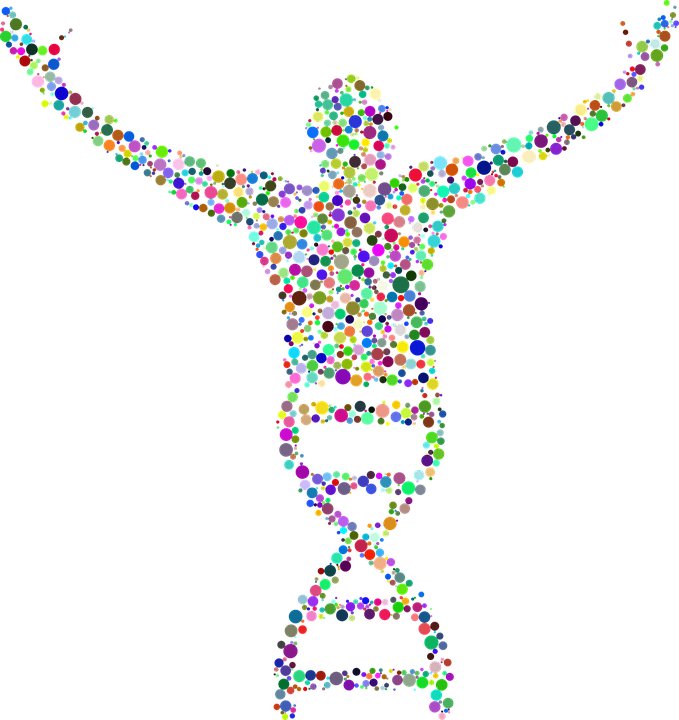Gene Editing Might Alter Our DNA. It Might Destroy Our Humanity, Too.
By Mark Buchanan,
Bloomberg
| 11. 25. 2019
Biologists recently revealed a new form of the gene-editing tool known as Crispr that allows researchers to make precise changes to almost any element of DNA, permanently altering cellular biochemistry. It could help treat tens of thousands of diseases linked to variations in a single gene and lead to the creation of better antibiotics.
The latest development, called prime editing, is more accurate than older Crispr methods, which sometimes alter genomic DNA in the wrong places. The new method will be a boon to the least contentious kind of gene editing — gene therapy — which introduces genetic changes only within the body’s somatic or nonreproductive cells. One such method is already in clinical trials to treat Huntington’s disease, in which a genetic mutation leads to production of an abnormal protein in brain cells.
As gene-editing technology races ahead, scientists are agonizing over ethical issues. How, for example, can they ensure that treatments don’t cause more problems than they fix? Some genetic variants that seem clearly beneficial — lowering the risk of heart disease, for example — could have other...
Related Articles
Flag of South Africa; design by Frederick Brownell,
image by WikimediaCommons users.
Public domain, via Wikimedia Commons
What is the legal status of heritable human genome editing (HHGE)? In 2020, a comprehensive policy analysis by Baylis, Darnovsky, Hasson, and Krahn documented that more than 70 countries and an international treaty prohibit it, and that no country explicitly permits it. Policies in some countries were non-existent, ambiguous, or subject to possible amendment, but the general rule remained, even after one...
By Bernice Lottering, Gene Online | 11.08.2024
South Africa’s updated health-research ethics guidelines, which now include heritable human genome editing, have sparked concern among scientists. The revisions, made in May but only recently gaining attention, outline protocols for modifying genetic material in sperm, eggs, or embryos—changes...
By Jim Thomas, Scan the Horizon | 11.19.2024
It’s the wee hours of 2nd November 2024 in Cali, Colombia. In a large UN negotiating hall Colombian Environment Minister Susana Muhamed has slammed down the gavel on a decision that should send a jolt through the AI policy world. ...
By Ned Pagliarulo, BioPharmaDive | 11.05.2024
A medicine built around a more precise form of CRISPR gene editing appeared to work as designed in its first clinical trial test, developer Beam Therapeutics said Tuesday. But the death of a trial participant could renew concerns about an older...




